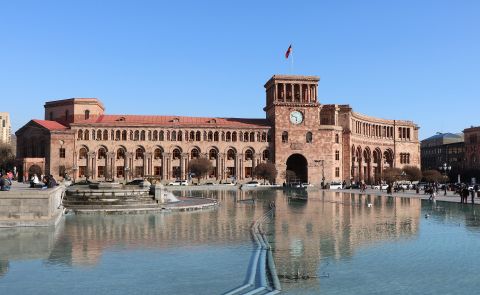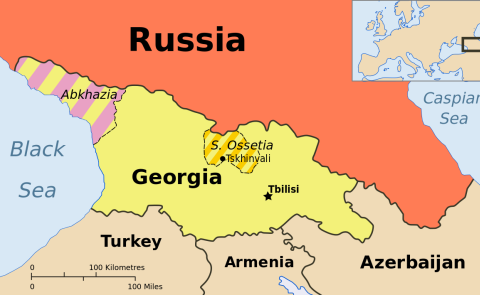
EU's Final Decision on Russia-issued Passports in Occupied Abkhazia and South Ossetia

The Council of the European Union made a final decision on the non-recognition of "Russian travel documents issued in the regions of Ukraine occupied by Russia or in the separatist territories of Georgia." This is stated in the statement of the Council.
"Russia's ongoing war of aggression against Ukraine is a flagrant disregard for the rules-based international order and threatens European peace and security. The Council's decision is another proof that we stand firmly on the side of Ukraine. We will never recognize Russia's illegal annexation of its territory and once again confirm Ukraine's right to liberate all occupied territories and restore full control over them," said Czech Interior Minister Vit Rakušan. The Czech Republic is the current chairman of the European Union.
According to the EU Council, the decision not to recognize passports is a response to "Russia's unprovoked and unjustified military aggression against Ukraine and Russia's practice of issuing Russian foreign passports to residents of occupied regions."
It also derives from Russia's decision to unilaterally recognize the independence of Georgia's territories, Abkhazia and South Ossetia, in 2008. The statement indicates that the discussion is not only about documents issued in Sokhumi and Tskhinvali but also about documents "issued to residents" there.
Earlier, the European Parliament approved the decision not to recognize passports and other travel documents issued by Russia "in the illegally occupied regions of Ukraine and Georgia." The ban on Russian passports may affect the work of international and non-governmental organizations in Abkhazia, particularly the projects financed by Brussels. This was stressed by Inal Ardzinba, the so-called Minister of Foreign Affairs of [occupied] Abkhazia.
See Also

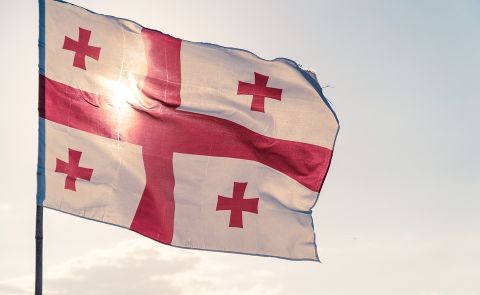
Georgian Bishop Accuses Government Official of Plotting Assassination; Opposition Leader Alleges Husband’s Abduction
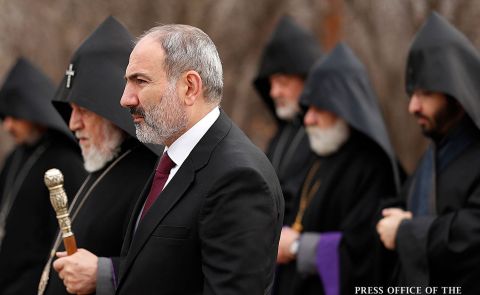
Armenian Government and Church Face Growing Tensions Over Leadership Allegations
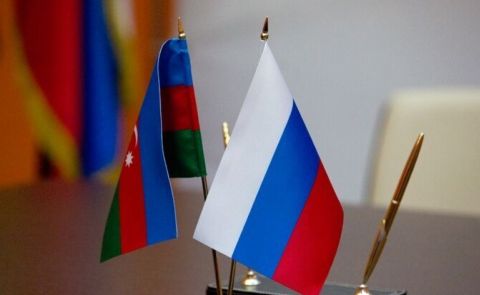
Tensions Rise Between Russia and Azerbaijan Over Medinsky’s Ukraine Conflict and Karabakh Remarks
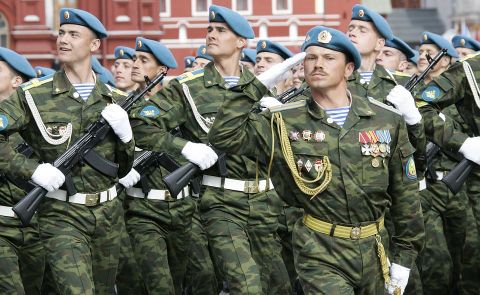
Chechen Official Outlines Conscription Rules for Russia-Ukraine War
